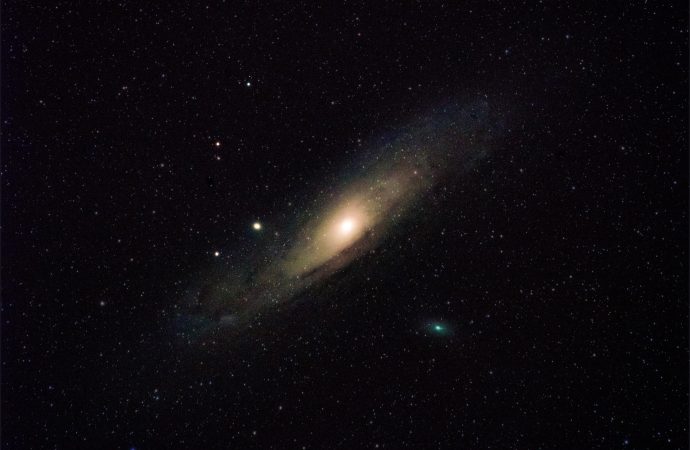Introduction: The controversy surrounding Pluto’s planetary status has captivated the scientific community and the public alike for over a decade. Once considered the ninth planet of our solar system, Pluto was controversially reclassified as a “dwarf planet” in 2006 by the International Astronomical Union (IAU). In this article, we delve into the ongoing debate, exploring
Introduction:
The controversy surrounding Pluto’s planetary status has captivated the scientific community and the public alike for over a decade. Once considered the ninth planet of our solar system, Pluto was controversially reclassified as a “dwarf planet” in 2006 by the International Astronomical Union (IAU). In this article, we delve into the ongoing debate, exploring the arguments on both sides and shedding light on the complex nature of planetary classification.
The IAU’s Definition:
To understand the debate, it is essential to examine the IAU’s definition of a planet. According to their criteria, a celestial body must orbit the Sun, be spherical in shape, and have cleared its orbit of other debris to be considered a planet. However, it is the last criterion that led to Pluto’s reclassification. As Pluto shares its orbit with other celestial objects in the Kuiper Belt, it was deemed not to have cleared its path, resulting in its demotion to a dwarf planet.
Arguments for Pluto’s Planetary Status:
Supporters of Pluto’s planetary status argue that its demotion is unjustified. They highlight Pluto’s unique characteristics, such as its geological features, including mountains, valleys, and a thin atmosphere. They argue that its size, similar to other recognized planets, and its place in our cultural and educational history warrant its reinstatement as a planet. Many proponents contend that the IAU’s definition is arbitrary and does not account for the diverse nature of celestial bodies in our solar system.
The Case for Dwarf Planet Classification:
On the other side of the debate, proponents of the dwarf planet classification emphasize the scientific rigor behind the IAU’s decision. They argue that the definition was necessary to provide a clear and consistent framework for categorizing celestial bodies. According to this perspective, Pluto’s location in the Kuiper Belt, alongside numerous other objects, demonstrates that it has not cleared its orbit, disqualifying it as a planet. This classification aligns with our increasing knowledge of the solar system’s dynamics.
Beyond the Binary:
While the debate often centers on the binary choice between planet or not, some scientists advocate for a more nuanced approach. They argue that the concept of a strict definition may not be suitable for the complex reality of our solar system. Instead, they propose a broader classification system that acknowledges the diversity and characteristics of different celestial bodies. This approach would emphasize understanding the individual properties and roles of objects like Pluto, regardless of their planetary status.
The Cultural Significance:
Beyond the scientific arguments, Pluto’s planetary status holds cultural and historical significance. For many, Pluto has occupied a special place in their hearts as the ninth planet. Its removal from the planet roster stirred public sentiment and ignited debates worldwide. Some argue that considering the cultural impact and public interest in Pluto, it deserves a unique designation that preserves its significance while acknowledging its distinct characteristics.
Looking Ahead:
The debate surrounding Pluto’s planetary status is likely to continue for years to come. Advancements in technology, exploration, and our understanding of the solar system may provide new insights and reshape the arguments. The evolving field of planetary science offers opportunities to revisit and refine planetary definitions and classifications.
Conclusion:
The question of whether Pluto should be considered a planet or not remains a hotly contested topic. While the IAU’s definition of a planet has led to Pluto’s reclassification as a dwarf planet, there are compelling arguments on both sides. The debate goes beyond scientific criteria, touching upon cultural significance and the nature of celestial classification itself. As our knowledge expands, it is essential to continue engaging in thoughtful discussions that consider the complexities and diversity of our solar system. Ultimately, whether Pluto is officially recognized as a planet or remains a dwarf planet, its mystique and allure will continue to inspire curiosity.

















Leave a Comment
Your email address will not be published. Required fields are marked with *